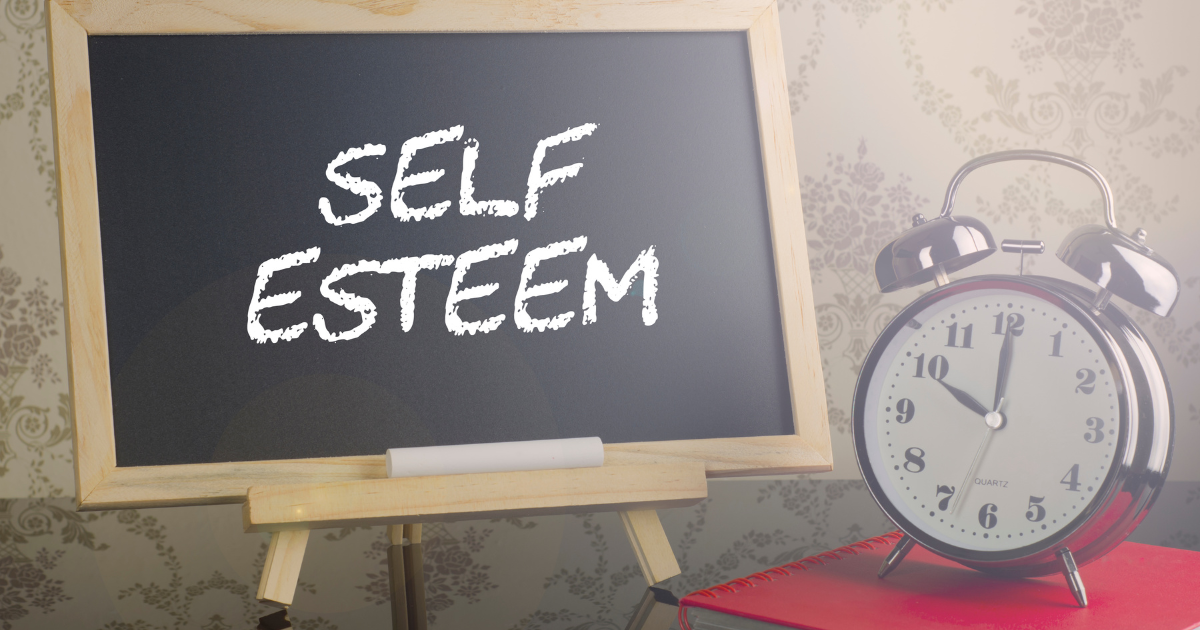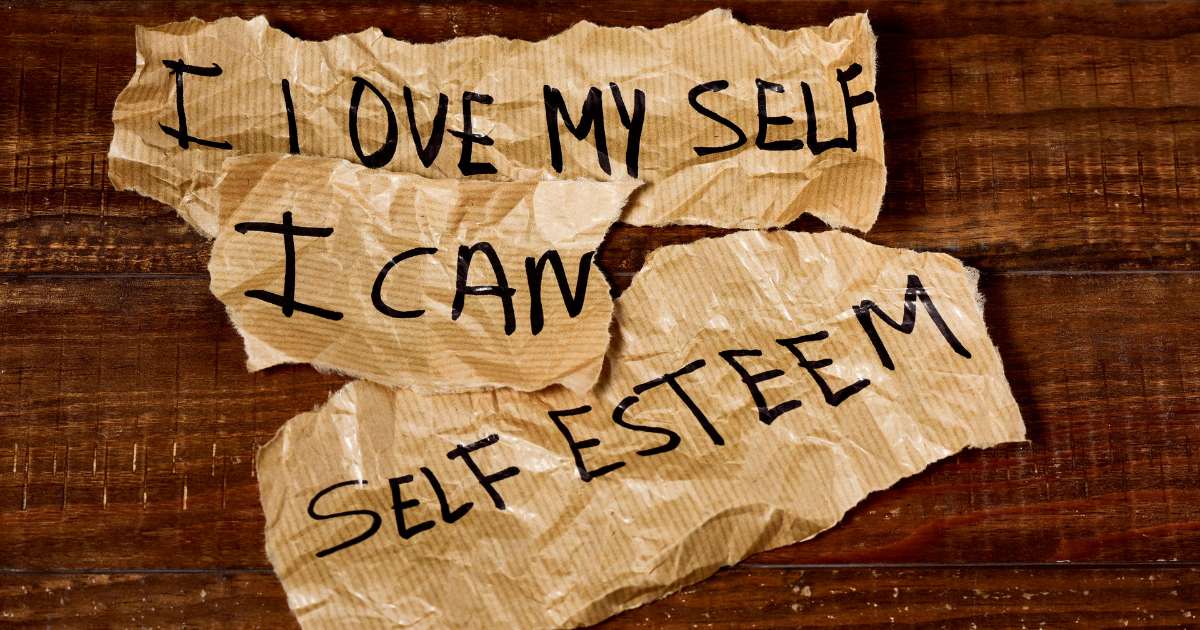As youth coaches, parents, educators, and mentors, it's essential to prioritize building self-confidence in young individuals. Having a strong sense of self-esteem can foster a better life and help young people achieve their goals. However, the process of building up confidence takes time and commitment. In this post, we will share some strategies and approaches to building self-confidence in youth. It's a worthwhile pursuit that reaps tremendous benefits for young people, making them confident learners, leaders, and self-assured individuals.
Introducing the Power of Positive Self-Talk
One of the primary ways to build self-confidence in youth is by introducing the power of positive self-talk. Encouraging young people to speak positive affirmations about themselves can make them feel empowered. As a youth coach, it's crucial to model positive self-talk by using uplifting affirmations. As a parent or educator, it's equally vital to listen and respond positively when young people speak affirmatively about themselves. By reinforcing the positive value of self-talk, youth can develop more self-assurance in themselves.
Exploring Creative and Physical Outlets to Build Confidence
Creative and physical outlets can be fantastic ways of building self-confidence in young people. Creative outlets such as art, music, and drama allow young people to express themselves in ways beyond language. Likewise, physical activities such as team sports, dance, or martial arts can help young people feel confident in their physical abilities. Encouraging youth to engage in these activities helps build their confidence in their unique skills, talents and can open doors to new friendships and positive experiences.
Identifying Unhealthy Coping Mechanisms and How to Avoid Them
It's common for young people to have unhealthy coping mechanisms when they experience self-doubt. These mechanisms can be destructive, including avoiding problems, impulsiveness, or overuse of electronic devices. As a youth coach, one should coach young people to identify these tendencies and work with them on more constructive solutions. Parents and educators can also advocate for young people to seek professional help if they need it. When youth have the tools to manage their emotions in positive ways, it can build their self-esteem and sense of self-worth.
Establishing a Strong Support System for Kids to Lean On
Having a strong support system can help young people grow in confidence. As a parent, coach, or educator, it's essential to create a safe space for young people to express themselves without fear of judgment. Encouraging young people to use their support systems to request help when they need it can foster trust. Mentors can also provide guidance, advice, and positive reinforcement that could cultivate a sense of belonging and build up confidence in young people.
Recognizing Uniqueness and Encouraging Personal Growth
Finally, it's imperative to recognize the uniqueness of every young person and help them develop their individual strengths. Young people who feel seen and validated are often more confident in themselves. Encouraging personal growth, setting goals, and rewarding progress all contribute to building self-confidence in young people. By practicing these habits in a supportive environment, young people learn that self-worth comes from within, and they have the power to achieve their dreams.
Embracing Failure as an Opportunity for Growth and Learning
It's essential to recognize that everyone makes mistakes and fails at times. As youth mentors, it's crucial to teach young people how to take failures as a chance to improve and learn. Practicing resilience and finding the silver lining in difficult situations can cultivate a growth mindset. Assuring young people that failure doesn't define them can also build confidence in their abilities and become a catalyst for future success.
In all, building self-confidence is a holistic process that requires dedication, patience, and encouragement. As youth coaches, parents, educators, and mentors, our role is to provide the tools, skills, and guidance that help young people grow into confident, self-actualized individuals. From the power of positive self-talk, creative and physical outlets, identifying negative coping mechanisms, establishing supportive environments, and celebrating uniqueness, to embracing failure, we can equip youth with the confidence and self-esteem they need to thrive.



You must be logged in to post a comment.